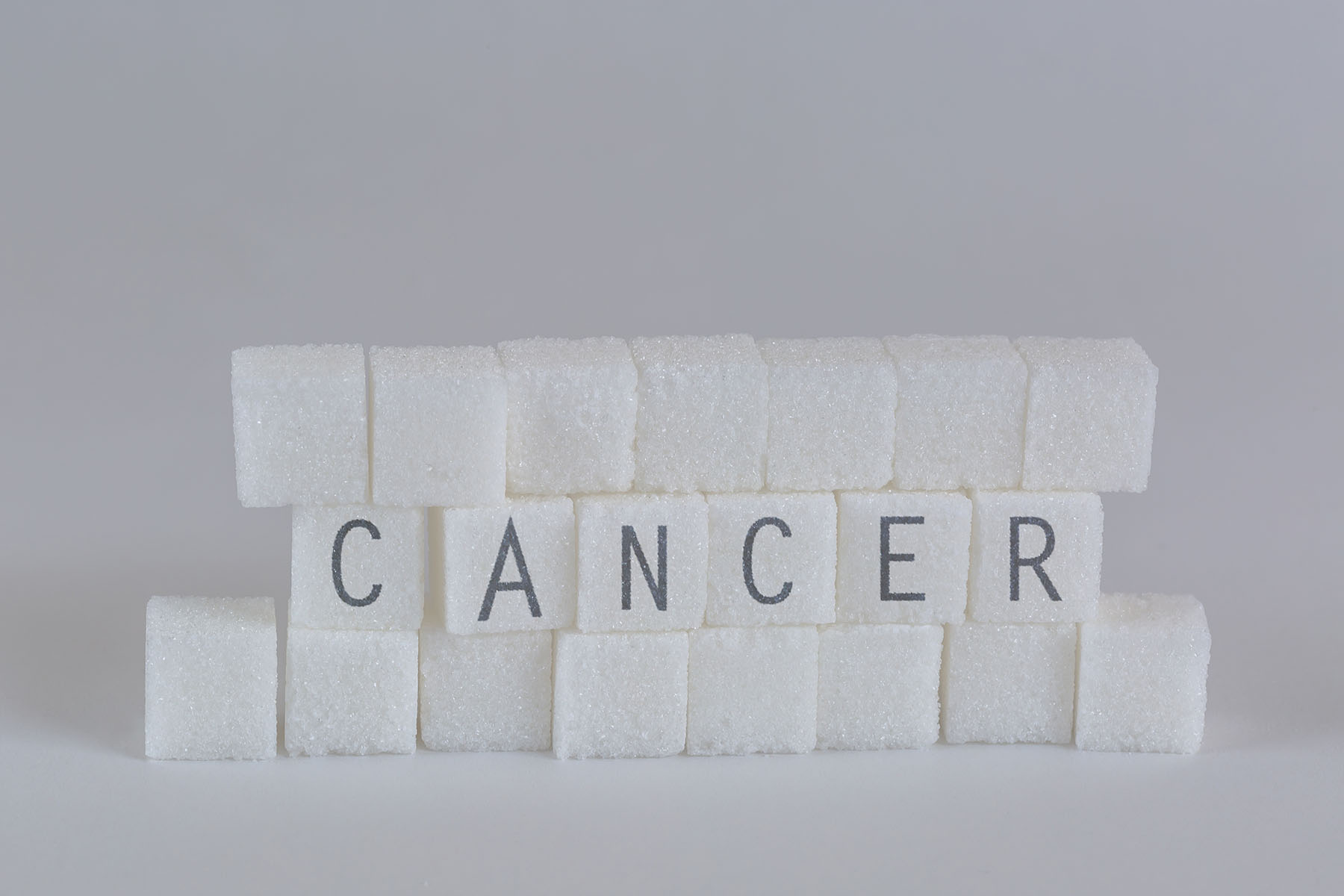Sugar: Friend or Foe?

Lately, you may have heard that “sugar feeds cancer.”
This statement has many connotations, suggesting that sugar should be strictly limited in your diet. However, there is limited research that supports that sugar in fact feeds cancer.
What is the basis of this myth?
Biologically, sugar feeds all cells in the body, both normal and cancer cells. However, consuming more or less sugar does not impact cancer growth rate. This myth may also stem from the fact that PET scans require patients to drink a sugary fluid with radioactive tracers that detect areas of high glucose intake.
How much sugar should I be getting?
The American Heart Association recommends that women should have only six teaspoons of sugar per day (25 grams) and men should have nine teaspoons (37 grams). However there is no way to really track sugar intake and it is not helpful to do so. Rather, you can just be mindful of the sugar that you consume by asking yourself the following questions.
What source of sugar are you consuming?
If you are eating fruit, the sugar is natural and you are also reaping the benefits of its fiber, antioxidants, and vitamins. As for added sugars to sweeten your foods and beverages, it is best to aim for natural sources of sugar like agave syrup and honey, but table sugar and other refined sweeteners are fine as well. Moderation is key!
What foods are you consuming the sugar with?
Consider the foods you are eating along with the sugar source. You want to aim to eat sweet things along with or after you eat a meal or something fibrous. For example, it is better to drink a glass of orange juice along with oatmeal than just by itself because the fiber in the oatmeal helps slow the rise in your blood sugar.
How do artificial sweeteners compare with sugar?
Artificial sweeteners are great for diabetics or people who are counting calories as they offer sweetness without the calories and a rise in blood sugar. As they are considered safe, it’s up to your personal preference if you want to use them.
Written by Tracy Crane, researcher at Sylvester Comprehensive Cancer Center, and members of the Crane Lab.
Tags: cancer care in Miami, cancer nutrition, Dr. Tracy Crane, nutrition care in Miami
